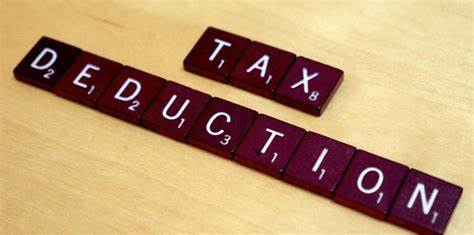The income tax act has defined the rates at which TDS has to be deducted. These rates may vary based on whether the deductee is a resident/non-resident, domestic company or a foreign company.
However, in some circumstances deductee may request for TDS deduction at a lower rate. Or sometimes, they may ask you to not deduct TDS at all. Let’s understand the situations when this happens
- When deductee has a certificate from income tax officer for lower tax deduction – Assessing officer can issue a certificate to the deductee authorizing payment without deduction of TDS or deduction at a lower rate. [A deductee can submit Form 13 to income tax officer to obtain this certificate]. If the deductee submited this certificate to you, you can deduct TDS at the rate mentioned in the certificate. You must obtain a copy of the certificate and keep in your records. You may prefer to scan and save it on your computer.
- When deductee submits a declaration in Form 15G/Form15H – A deductee who does not have taxable income can submit Form 15G and Form 15H (for senior citizens) as a request for non-deduction of TDS. New guidelines have been issued for TDS deductors who receive Form 15G and Form 15H.
- Interest payable to funds established for the benefit of armed forces – Since income of these funds is exempt, no TDS has to be deducted on interest paid to them. (income of these funds income is exempt from tax under section 10(23AA))
- Interest to provident funds – In case of a provident fund whose income is exempt from tax, income can be paid to such fund without deducting TDS. (applicable to funds set up under EPF Act. As per section 10(25(ii) of the income tax act)

